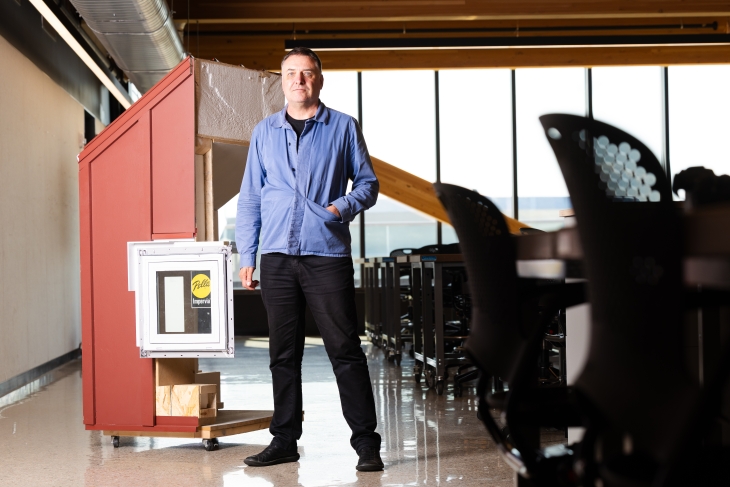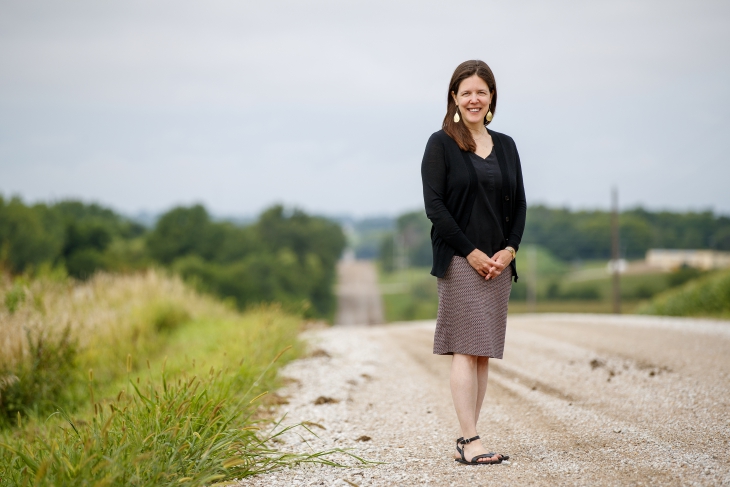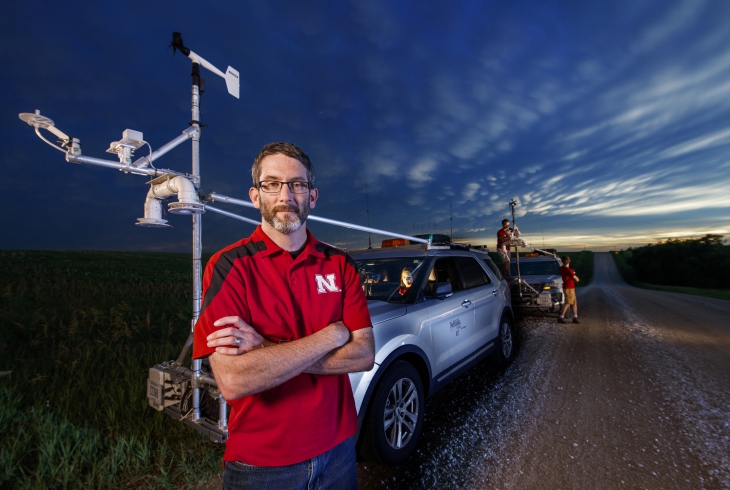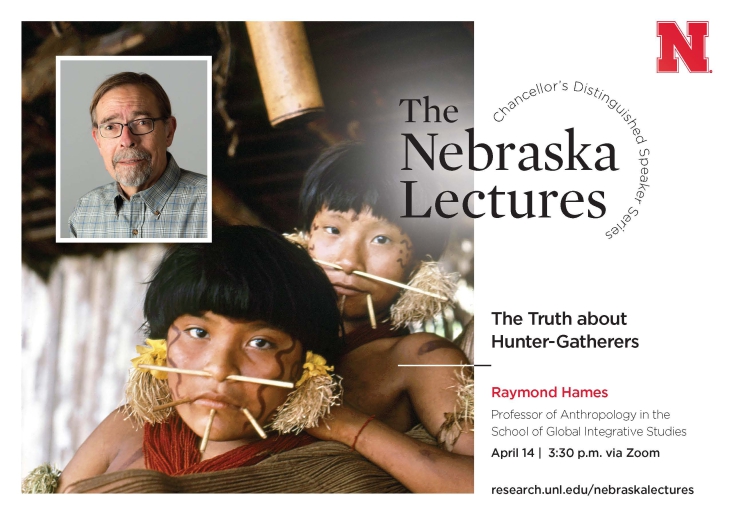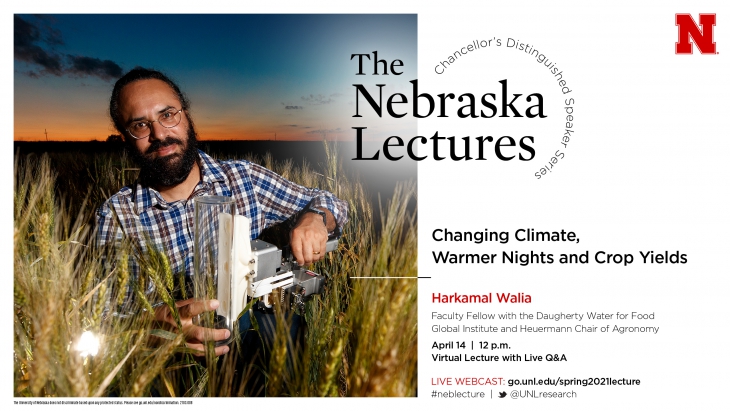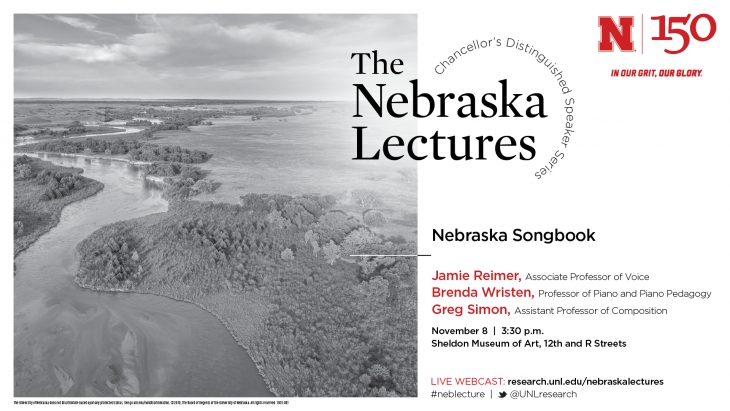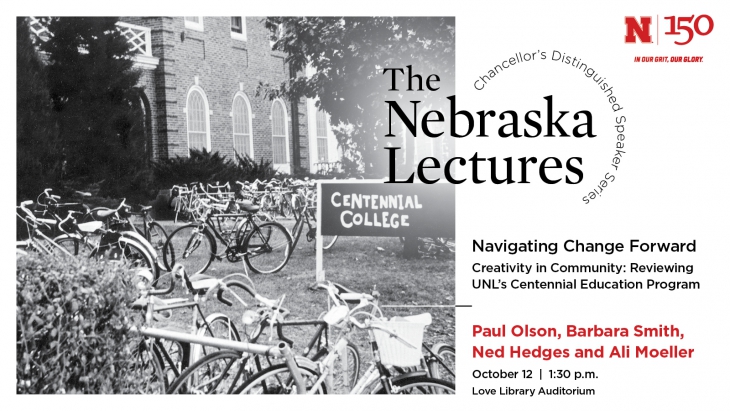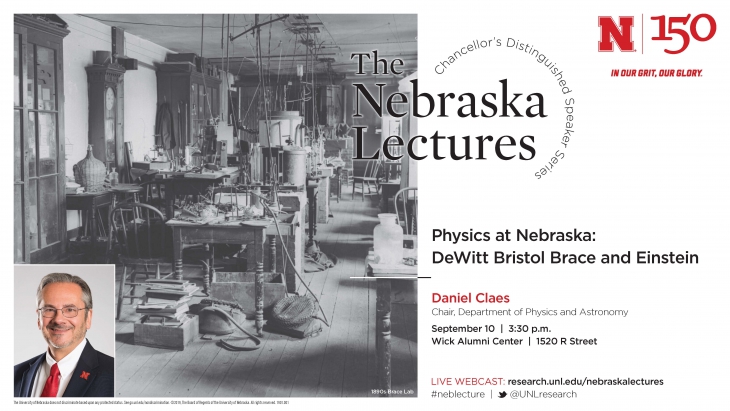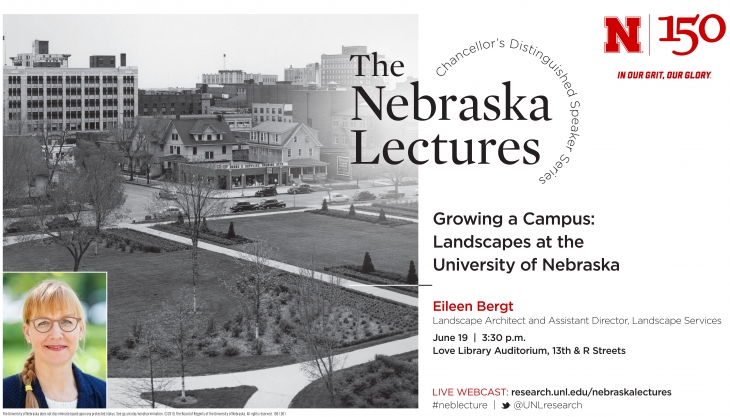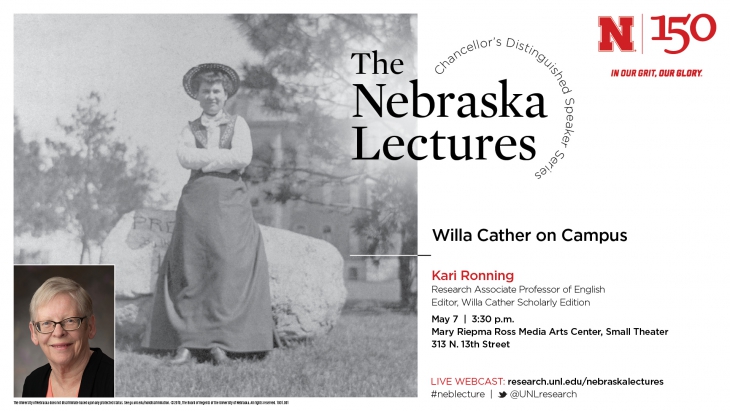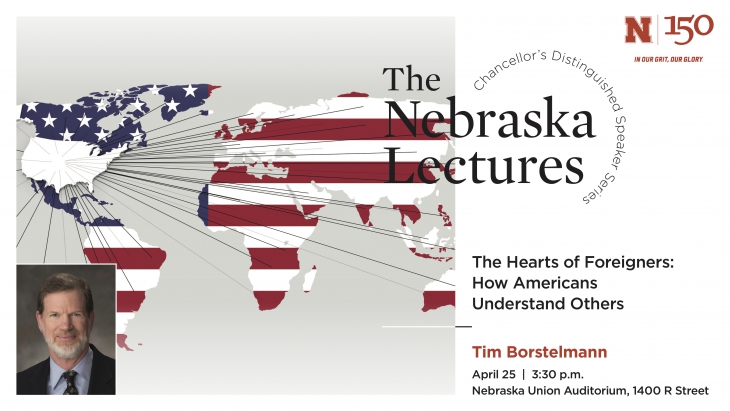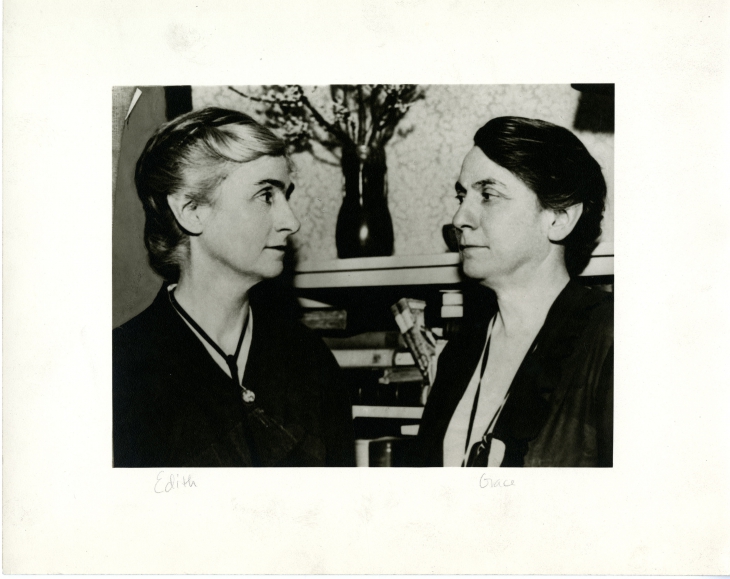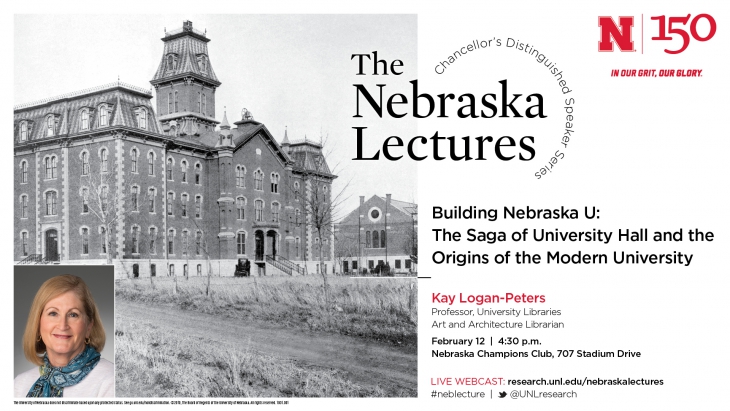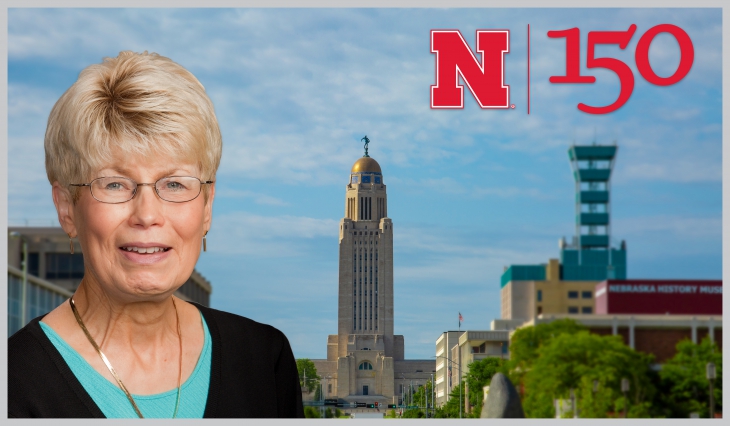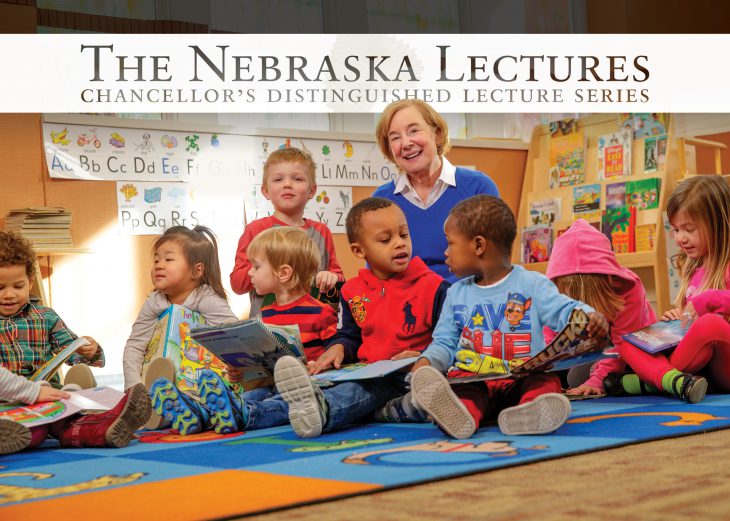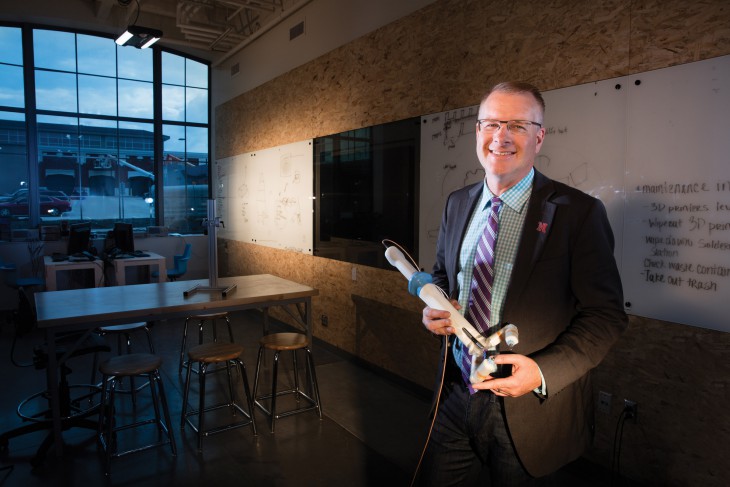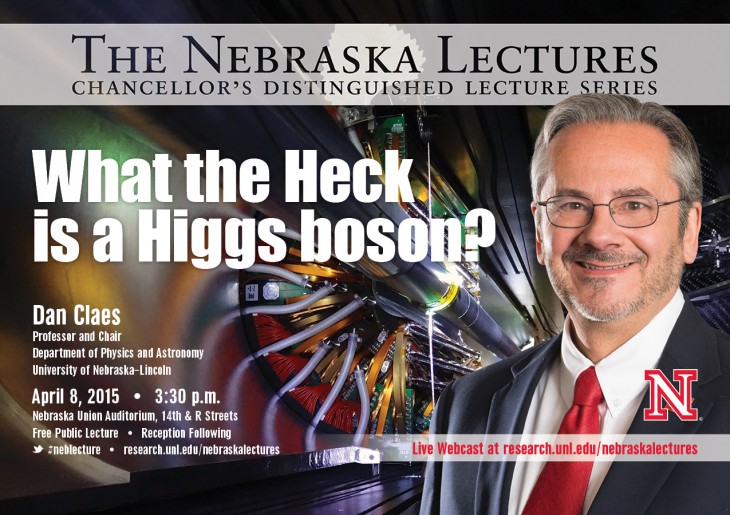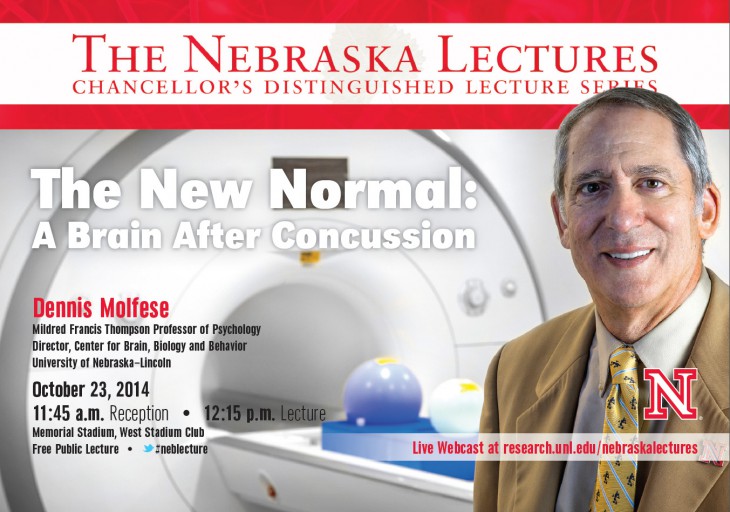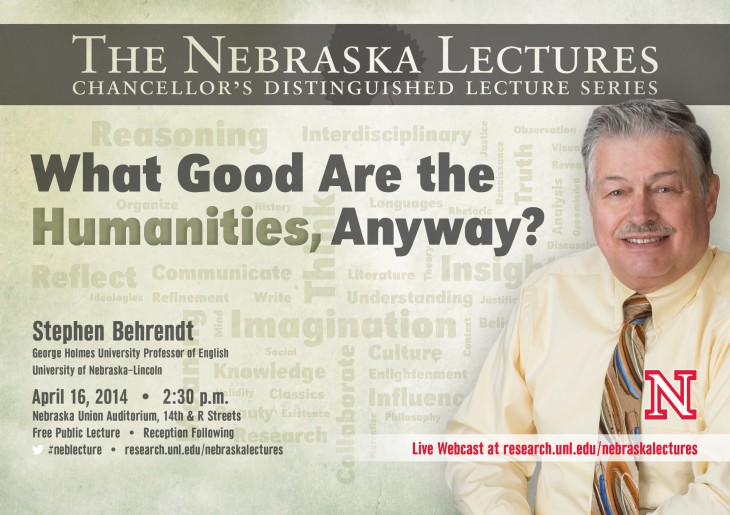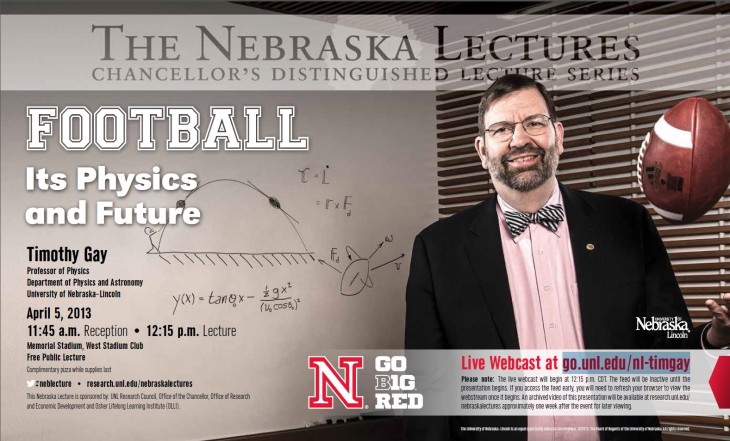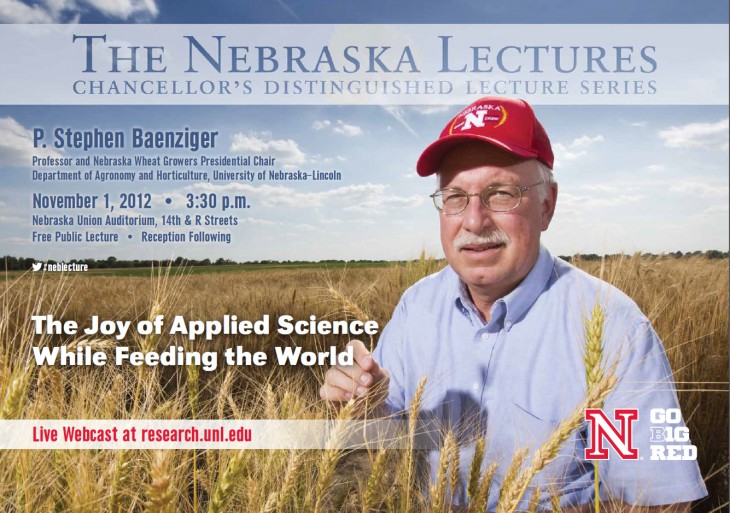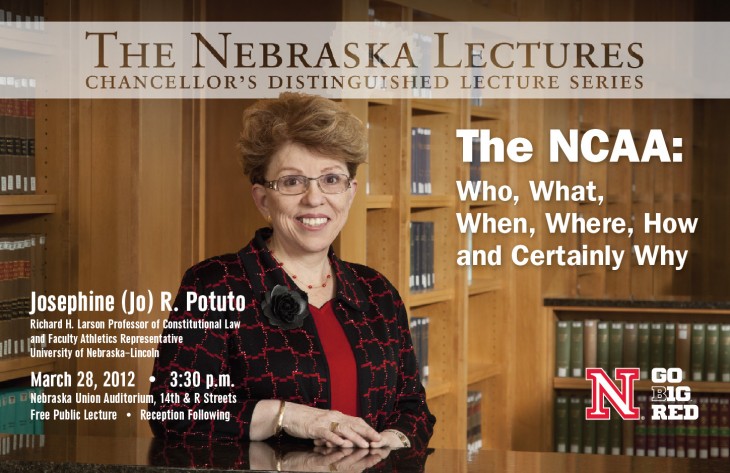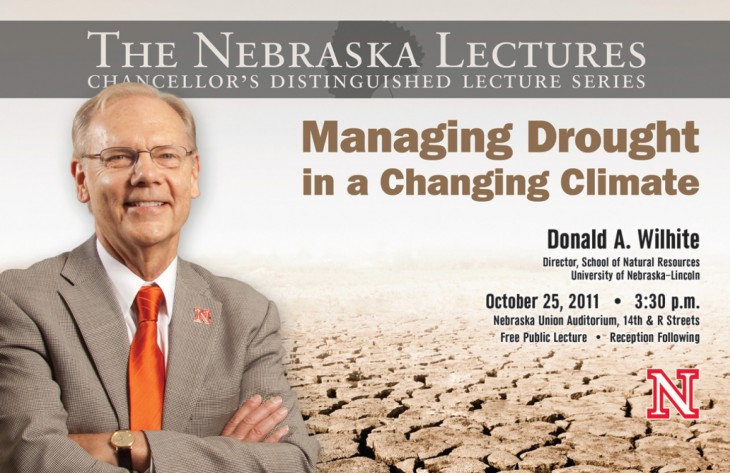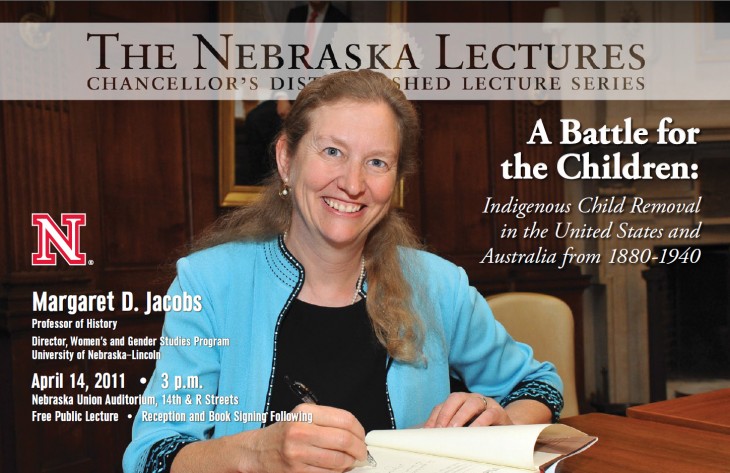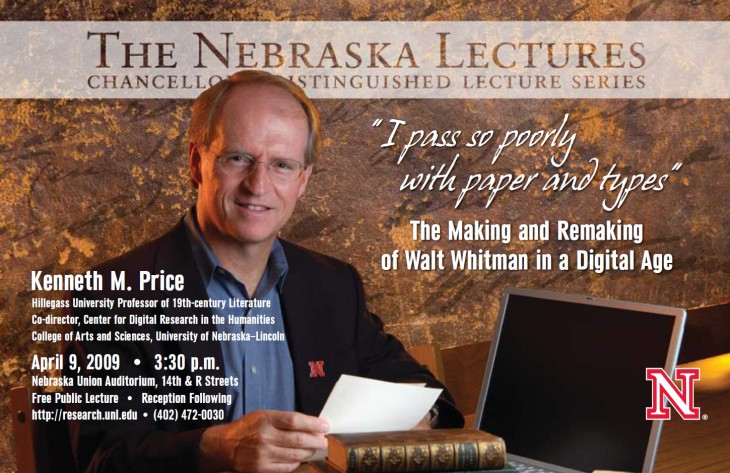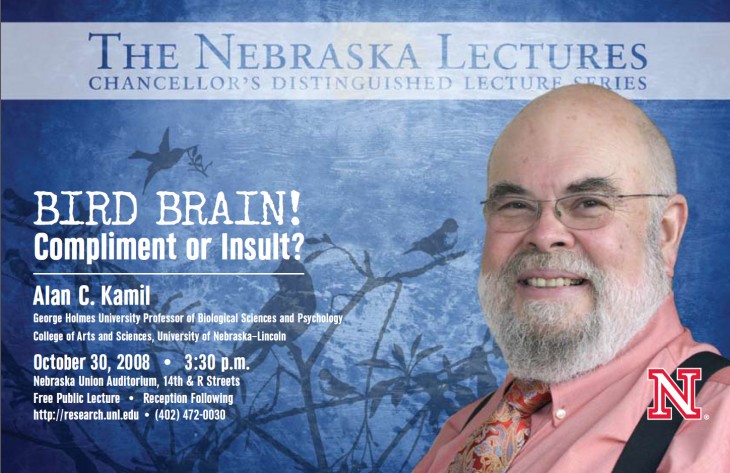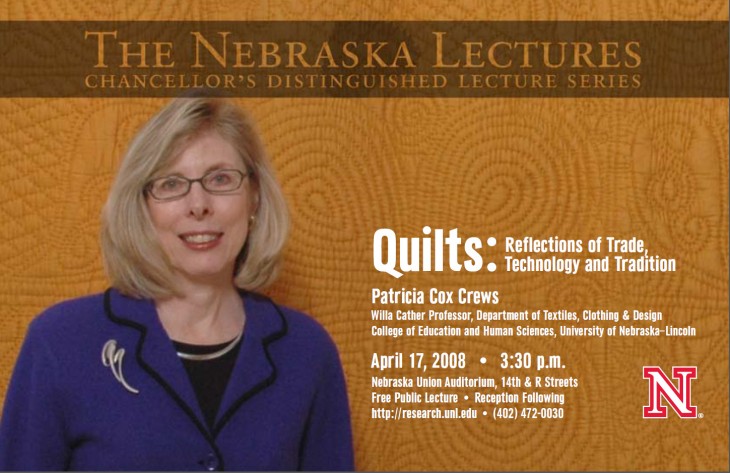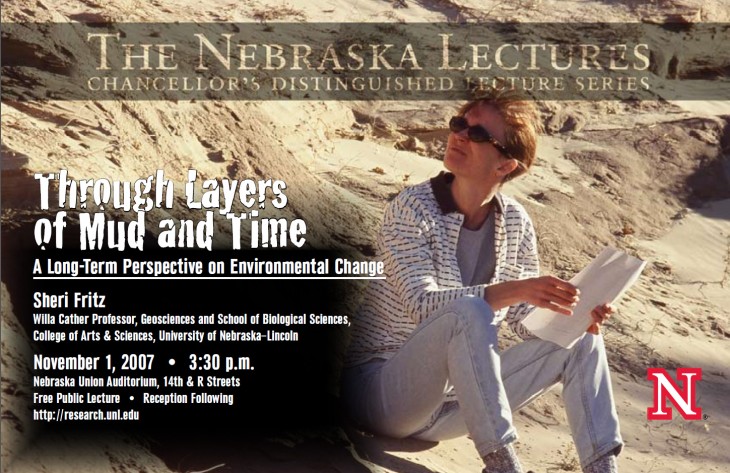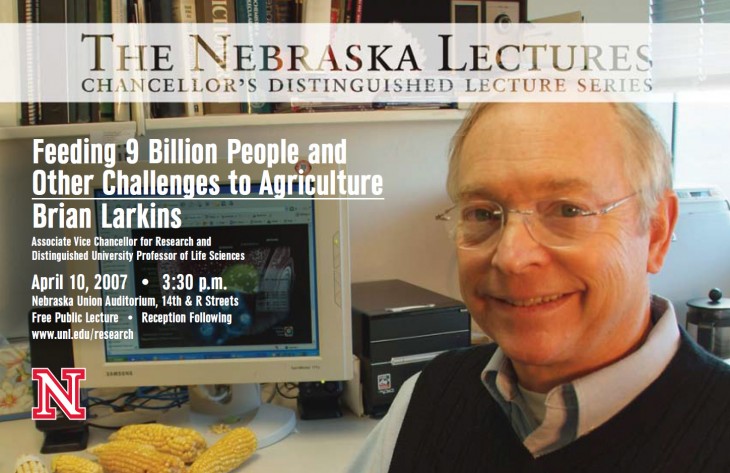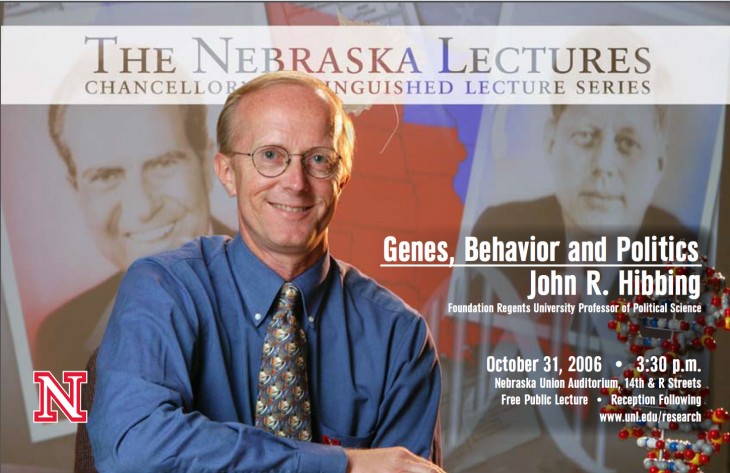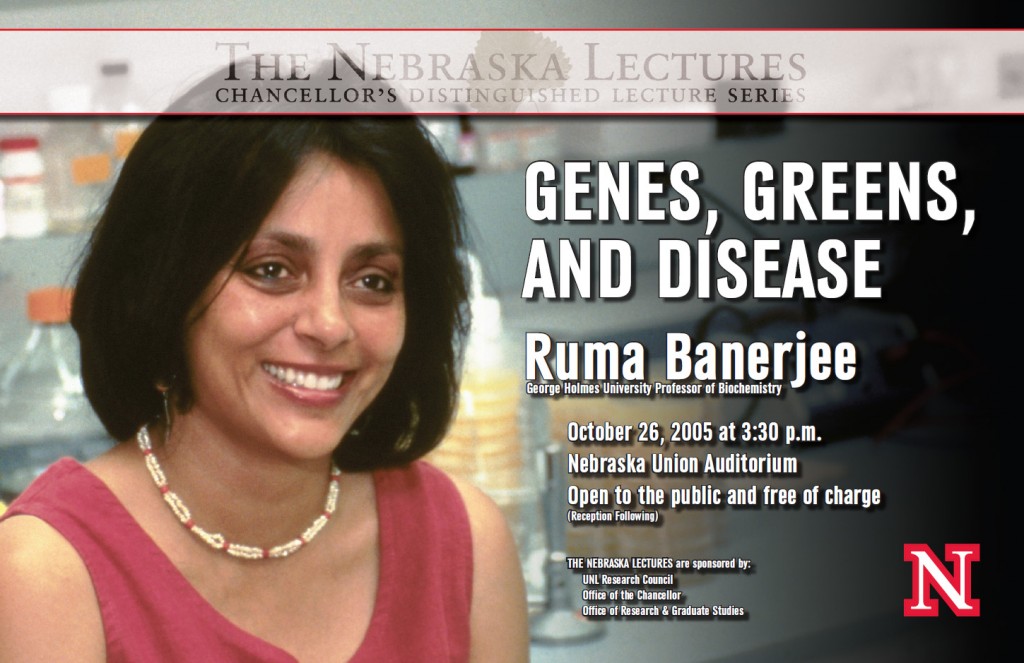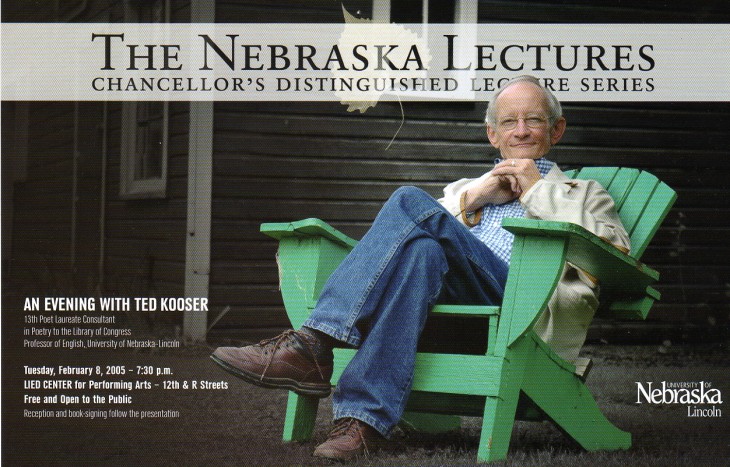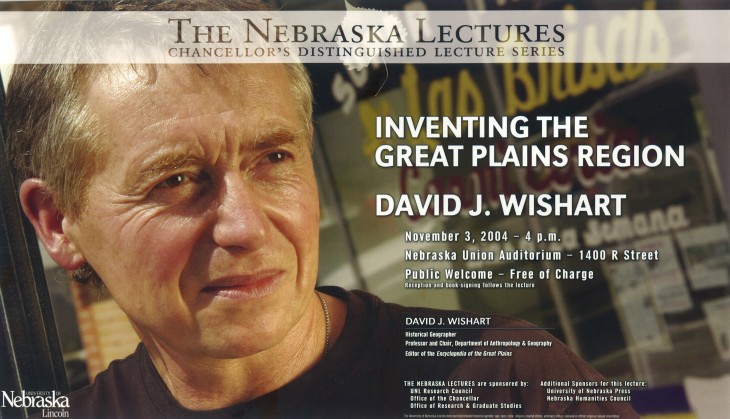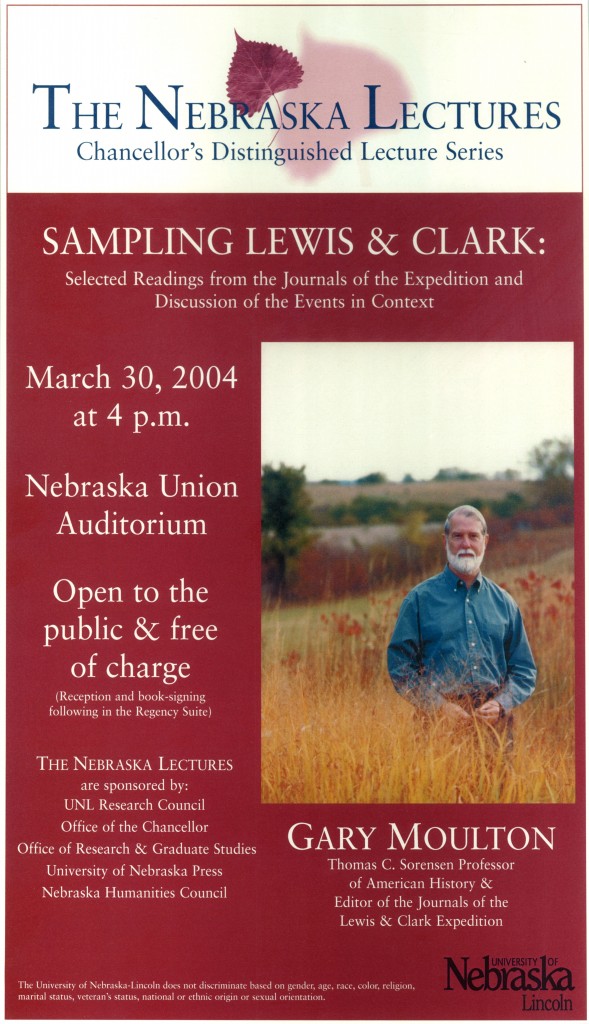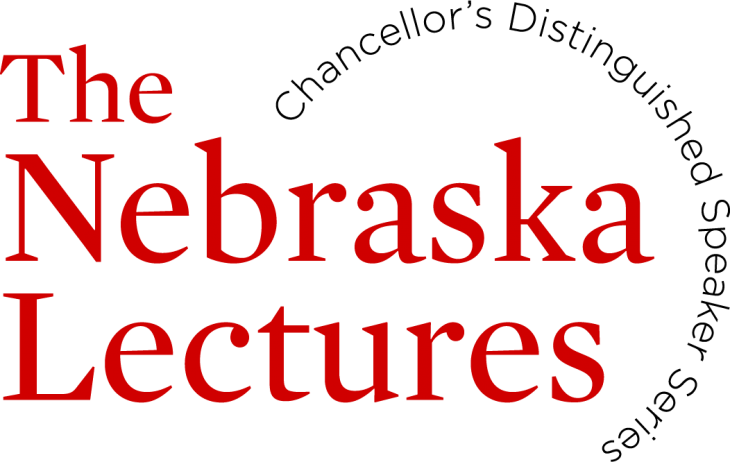
About the Nebraska Lectures
The Office of Research and Innovation partners with the Office of the Chancellor and the Research Council, in collaboration with the Osher Lifelong Learning Institute, to sponsor the Nebraska Lectures: the Chancellor’s Distinguished Speaker Series. Typically offered once a semester, the Nebraska Lectures bring together the university community with the greater community in Lincoln and beyond to celebrate the intellectual life of the University of Nebraska-Lincoln by showcasing the faculty’s excellence in research and creative activity.
The topics of these free lectures reflect the diversity of faculty accomplishments in the arts, humanities, social sciences and physical sciences. For more than 10 years, this forum has crossed academic boundaries to build morale and a sense of common identity, allowing some of the great minds on the UNL faculty to share notable discoveries in a non-technical format, fostering a collective passion for education and research, and spurring the imaginations of those who share the need to know more. Read more about how lecturers are selected.
House-ing
Jeffrey Day
FAIA, Professor of architecture
3:30 p.m., April 14, Swanson Auditorium, Nebraska Union
The house has long been the site for testing new architectural ideas and ways of living, but it is also a contested realm intersecting social conflict, access and financial inequity. This lecture explores the house as a site for experimentation and crisis and focuses on potential opportunities and solutions.
Featuring specific houses from refined custom homes to affordable housing prototypes, the talk considers the house not only as a private realm but also as the foundation for community. The visually engaging presentation, geared toward a broad audience, showcases projects designed by the speaker’s award-winning practice Actual Architecture Company as well as his UNL student workshop FACT including the NEw Attainable House, the Core ADU, the Wanaka Wedge House and others in U.S. and abroad. The talk concludes with OurStory, a project that asks, “how do we want to live as we age?” and offers one of a set of potential solutions for the housing crisis.
More information about House-ingPrevious Lectures

Parents as Perpetrators: Family-facilitated Child Sex Trafficking in India and Intergenerational Implications for Maternal and Child Well-Being

Declining Religion in the U.S.: The Causes and Consequences of Religious Disaffiliation Among Young Americans
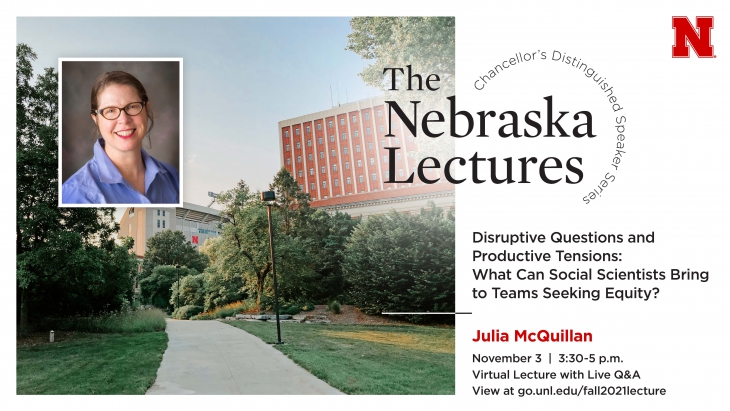
Disruptive Questions and Productive Tensions: What Can Social Scientists Bring to Teams Seeking Equity?
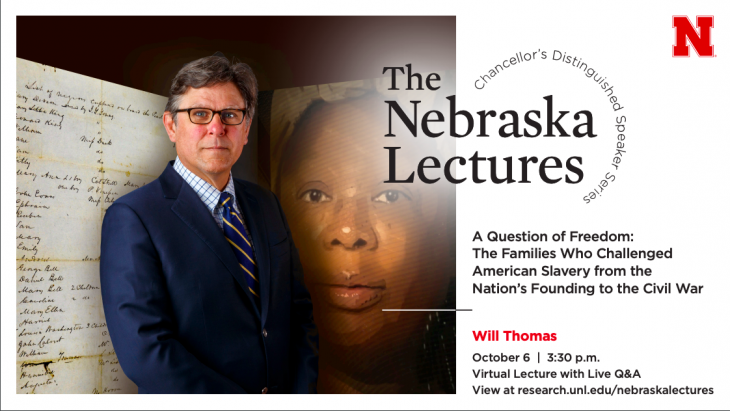
A Question of Freedom: The Families Who Challenged American Slavery from the Nation’s Founding to the Civil War
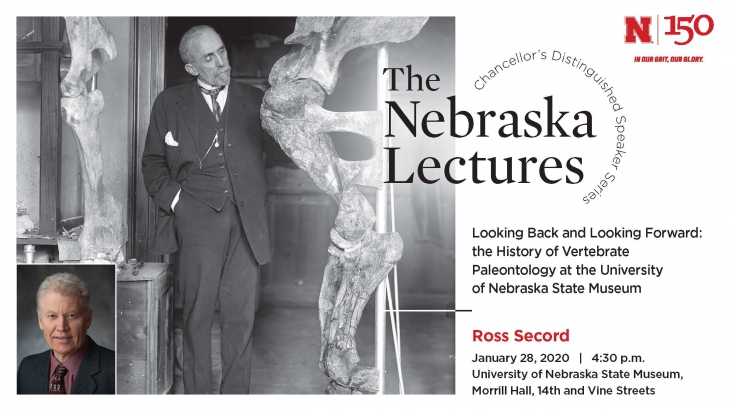
Looking Back and Looking Forward: the History of Vertebrate Paleontology at the University of Nebraska State Museum
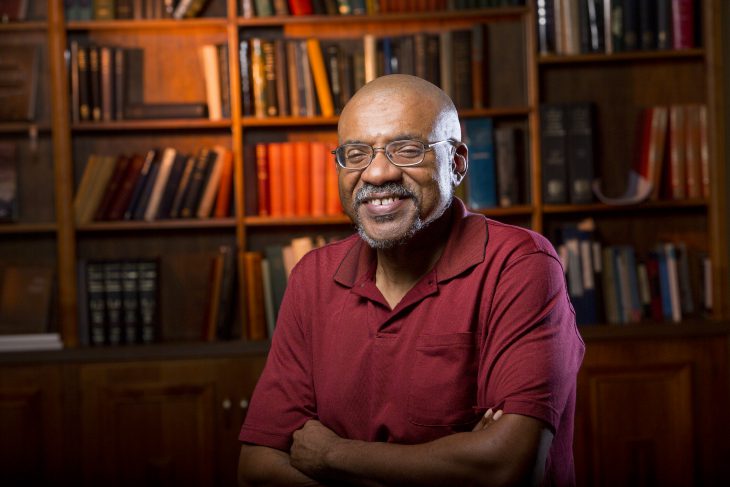
When “They” Becomes “Me”: Responsibility and Action in Literary Activism: The Case of the African Poetry Book Fund

